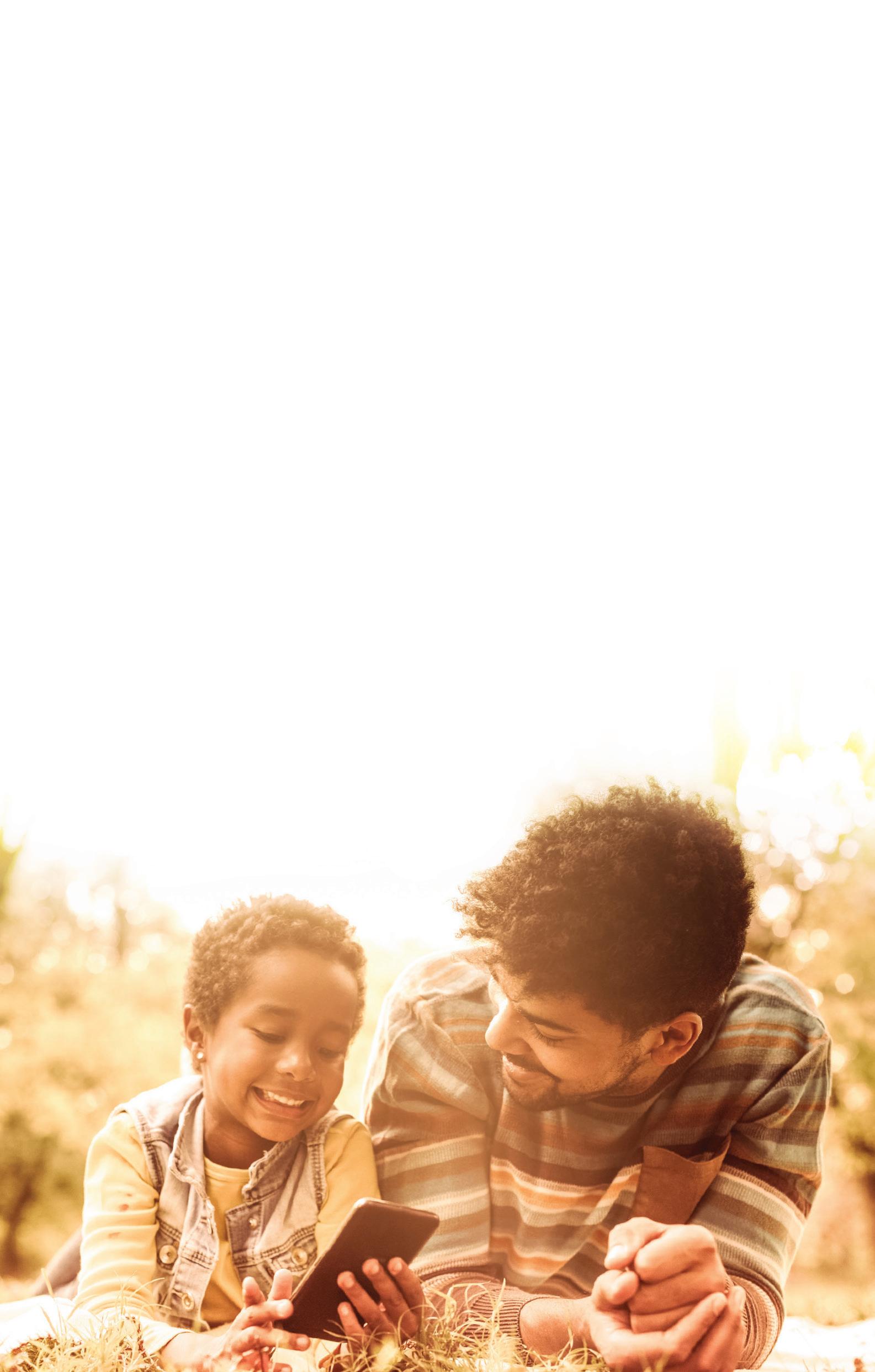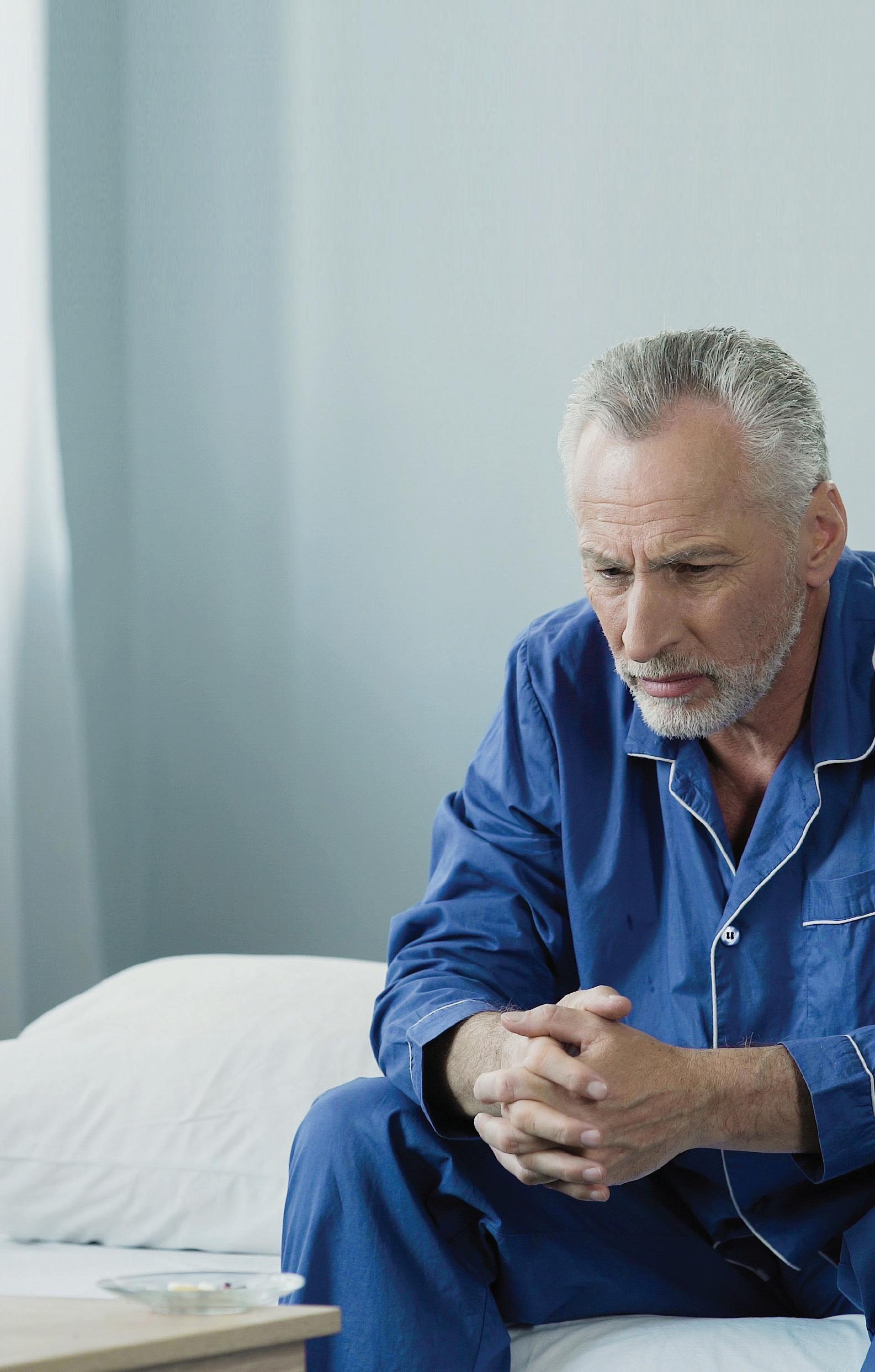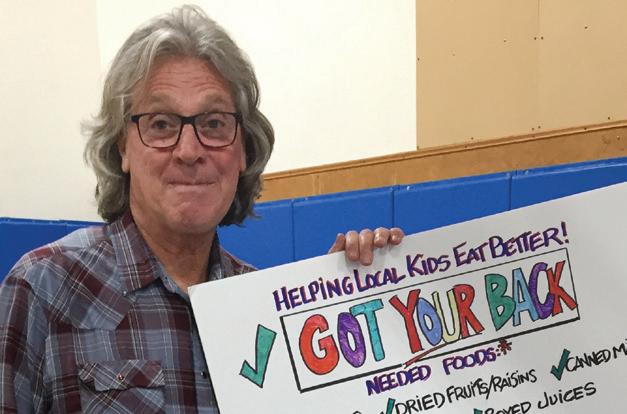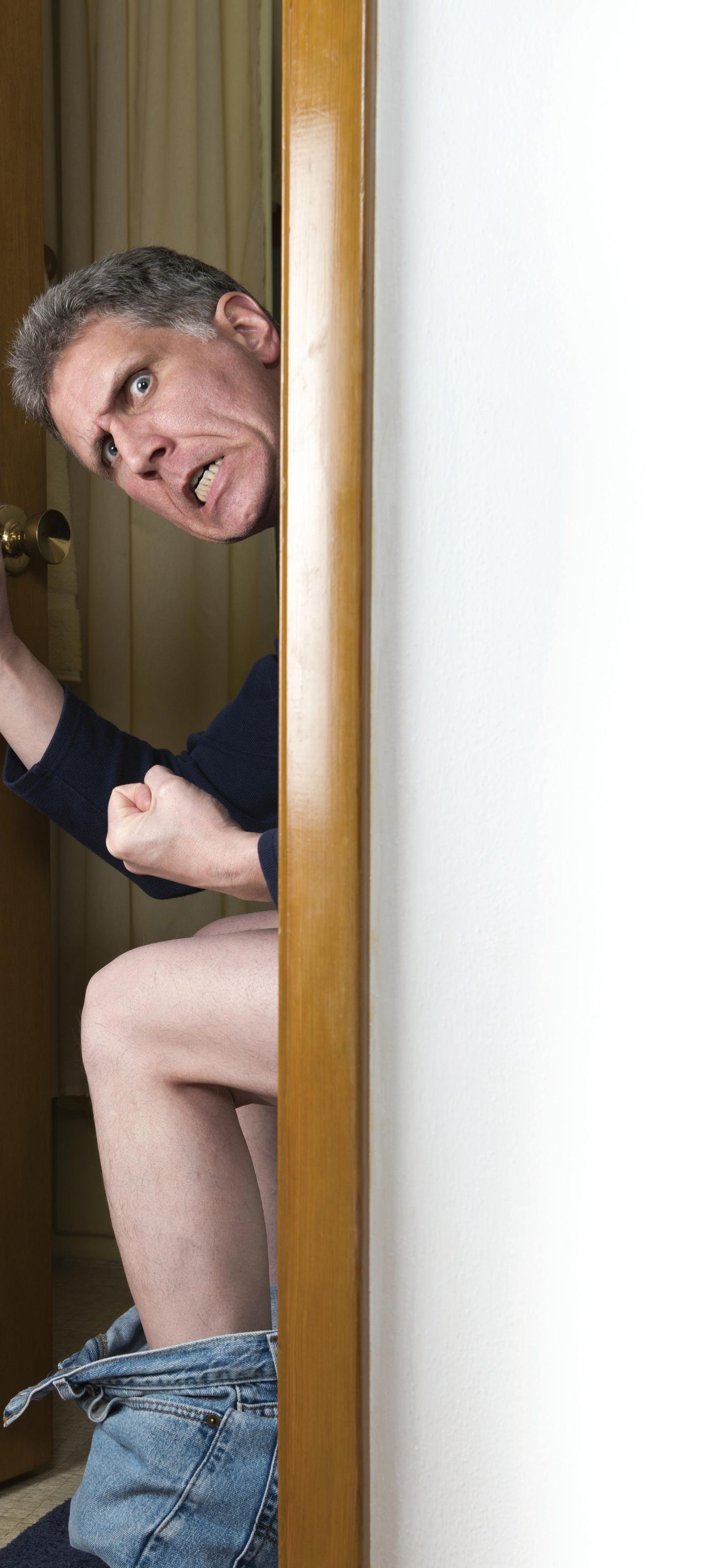
2 minute read
Dealing with Family Burnout Stress
dealing with COVID... Family
After several months of COVID-19 togetherness, families across the nation are experiencing symptoms of family burnout. The pressures on single parents are especially high. Marriages are also suffering, with inescapable togetherness, highlighting the fractures in relationships. Parents may be dealing with children who are acting out and regressing. Mental health services should be contacted for those who may need additional help. They are feeling physically or emotionally exhausted not being able to handle usual tasks, feeling easily annoyed. These are symptoms a large number of people may be feeling right now, with exhaustion being reported across the internet. Also, despite the fact that people are home and seemingly have all the time in the world on their hands, this inexplicable fatigue is becoming a common phenomenon. For single parents in a pandemic, there’s no partner to help share responsibilities and there are few, if any, opportunities to get away and breathe by oneself. The result can easily lead to family burnout. One of the earliest signs of burnout is having less patience.
Meanwhile, months together in quarantine can also be a strain on romantic relationships. A recent Forbes article reported on a survey that found only 18 percent of respondents were happy with the communication within
Burnout stress! by Margaret De Stefano
their relationships since the pandemic began. And in China, an unprecedented number of divorce requests were filed as soon as marriage offices began reopening. Will we see similar numbers as our states continue reopening here in the United States? In times of high stress, it may not always be the best thing to be locked at home together, incapable of getting the space and clear head that’s often needed to work through marital discord. It may help to take some time apart, even if it's just to do grocery shopping or maybe go for a quiet walk. It’s not just parents and adults. Kids can experience family burnout as well. Burnout in children often presents as anxiety, being irritable, poor academic performance, or staying isolated from peers and not expressing interest in playing. A recent survey in Italy found that children are experiencing psychological impacts as a result of lock-down. They’re more irritable, having trouble sleeping. Teenagers may be more likely to experience burnout due to higher academic workload, greater need for peer interaction, and more frequent conflicts with parents. For kids, try to switch up their activities. Take them bike riding, to the pool, or to the park.
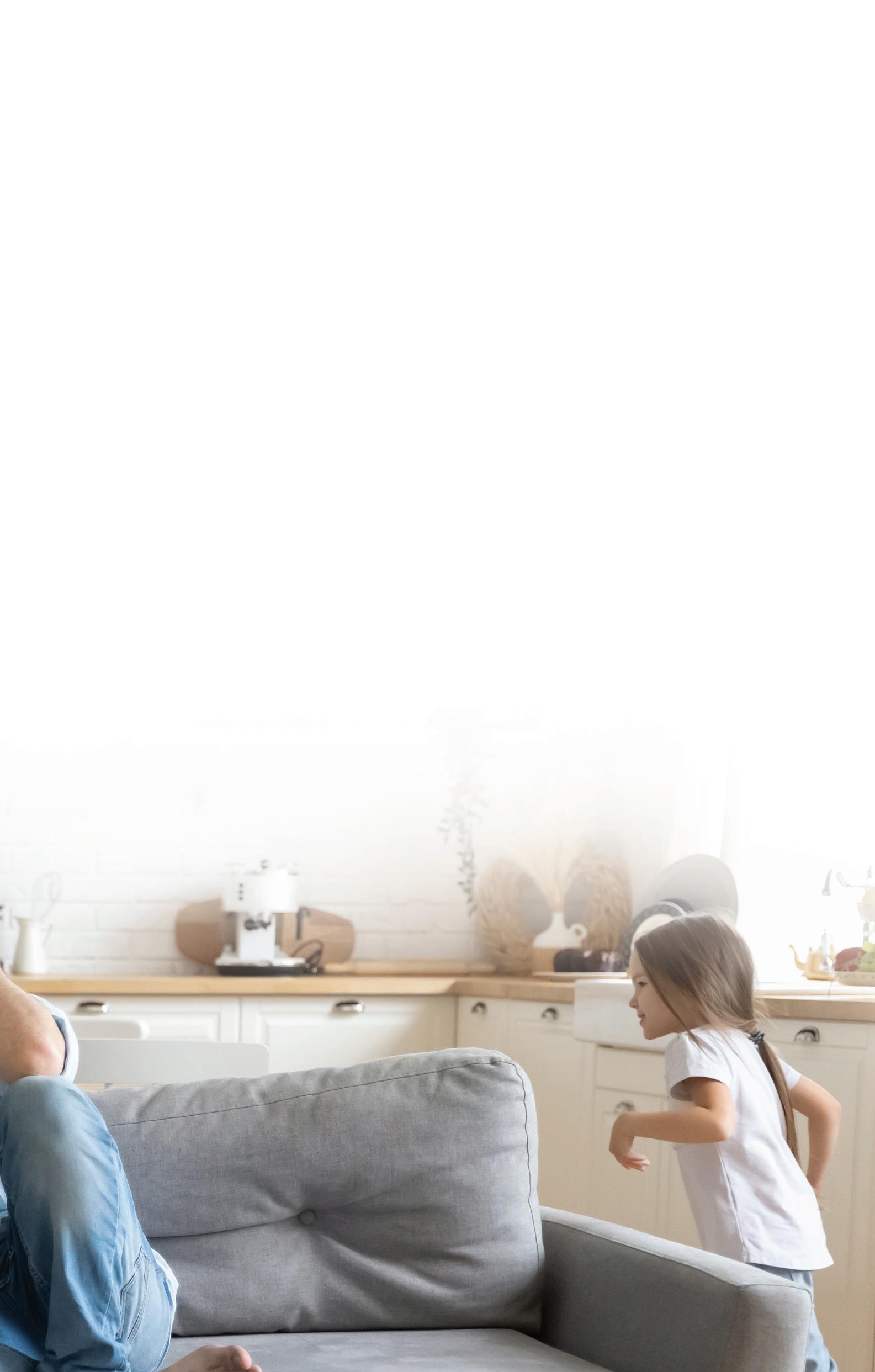
When burnout symptoms are moderate to severe, consider getting professional consultation through family therapy, or individual therapy, depending on the situation. It's important to remember that you’re not alone. You may decide you need that additional assistance right now as well. The most important thing is that you take care of yourself. After all, your family needs you to stay well!


